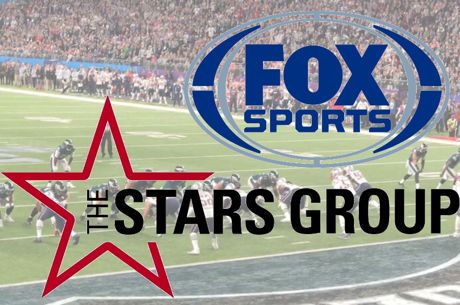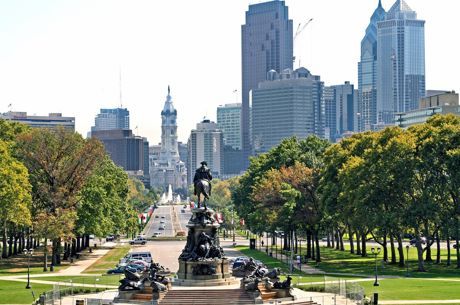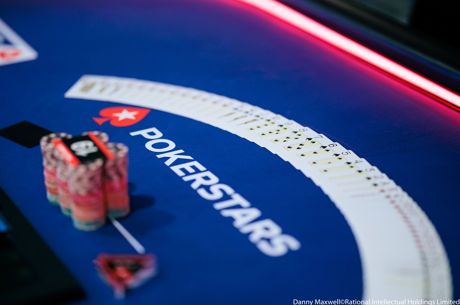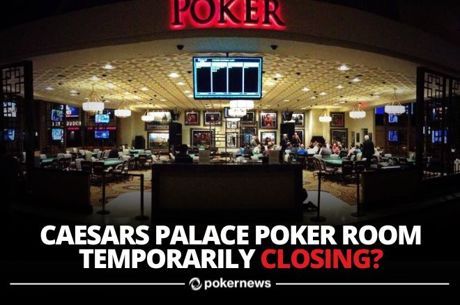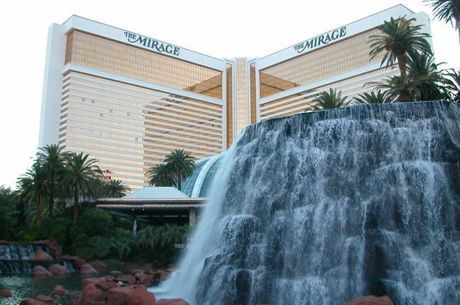Inside Gaming: Iowa Becomes 11th State to Legalize Sports Betting
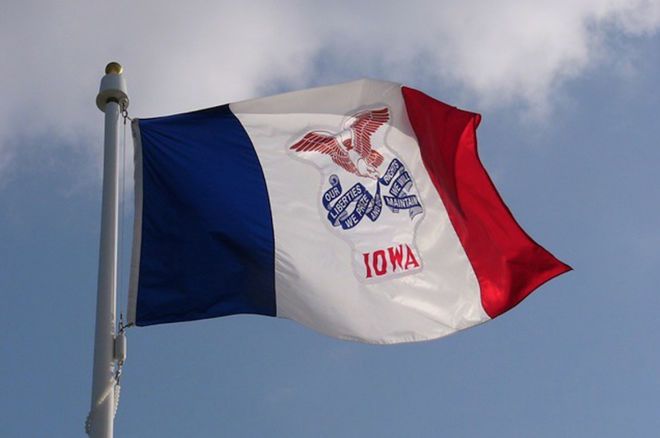
Table Of Contents
Iowa Governor Signs Sports Betting Bill Into Law
This week we'll kick things off with a quick update following what has become an almost-weekly look at sports betting legislation news in the United States.
Last week in this space we mentioned how Iowa lawmakers had passed a bill to allow the state's 19 casinos to begin offering sports betting (upon acquiring the needed licenses) as well as to legalize wagering on daily fantasy sports.
On Monday, and as expected, Iowa Governor Kim Reynolds signed the bill into law, thereby making Iowa the 11th state to legalize sports betting.
"Gov. Reynolds believes that legalizing sports betting will bring this practice out of an unregulated black market," said a spokesperson for the governor, as reported by The Des Moines Register. "This law will regulate, tax, and police sports betting in a safe and responsible way."
Now the state's regulators will set about developing rules and guidelines, with that process expected to be completed during the summer in time for Iowans to bet on National Football League games and other sports in September.
Charity Casino Bill Becomes Law in North Carolina
In other news involving governors signing bills into laws, last Friday North Carolina Governor Roy Cooper signed a bill allowing charities to host "game nights" with casino games and alcohol, reports WRAL.
The law goes into effect June 1 and permits organizations to offer games like blackjack, poker, and roulette as long as proceeds are earmarked for charity. However, such "charity casinos" will not be allowed to operate west of Interstate 26 which runs by Asheville and sections off the westernmost corner of the state.
That restriction ensures a buffer surrounding the state's only two legal tribal-owned casinos, both located in Cherokee near the Tennessee border. Harrah's Cherokee and Harrah's Cherokee Valley River Casino are both operated by the Eastern Band of Cherokee Indians per its compact with the state.
Cooper vetoed a similar bill in July 2017, stating then it "could give video poker a new way to infiltrate our communities." According to Cooper, the new bill addressed those concerns adequately, enabling him to sign it into law.
New Jersey Gaming Revenue Up Again in April
This week the New Jersey Division of Gaming Enforcement shared revenue numbers for the state's nine casinos in April, and once again the news was good overall.
With Total Gaming Revenue of $265.4 million for the month, Atlantic City casinos collectively enjoyed a 23.8 percent increase year-over-year.
Both the Casino Win (up 8.4 percent) and the Internet Gaming Win (up a whopping 58.9 percent) contributed to the total. So did sports wagering (not available in the state in April 2018), adding another $21.2 million in Sports Wagering Gross Revenue for the month.
That brought the overall revenue total for 2019 just over $1 billion for New Jersey. It also marks the 11th consecutive month of increases in Total Gaming Revenue.
It should be noted, of course, that these positive overall numbers are again a consequence of Hard Rock Hotel Casino Atlantic City and Ocean Resort Casino contributing to the totals (both of which opened in June). In fact, five of the other seven casinos showed Total Gaming Revenue declines in April, with only the Borgata (up 2.0 percent) and the Golden Nugget (up 3.7 percent) having enjoyed gains.
MGM Resorts Alludes to Possible Settlement
Yesterday MGM Resorts International told the U.S. Securities and Exchange Commission "it might pay up to $800 million to settle liability lawsuits stemming from the 2017 mass shooting in Las Vegas," the AP reports.
The company told federal regulators via a quarterly report that "it is reasonably possible" a settlement will be agreed upon by May 2020. Also noted is the fact that MGM Resorts "has $751 million in insurance to pay toward a settlement."
On October 1, 2017, a shooter killed 58 people and injured more than 800 firing from a suite in the Mandalay Bay down upon attendees of the Route 91 Harvest Festival, the deadliest mass shooting in U.S. history. The shooter amassed an arsenal of weapons in the suite over the course of several days before launching the attack.
Robert Eglet, a lawyer representing about 4,200 claimants suing in several states seeking compensation for physical and psychological harm "called it premature" for MGM "to report a possible settlement range between $735 million and $800 million."
"We're not even close to resolving all the terms and issues before we have a settlement," said Eglet. "Nothing is signed. We have a long way to go before we have an agreement."
A spokesperson for MGM, Debra DeShong, described negotiations as having progressed over recent months, with the goal being "to resolve these matters so that all impacted can move forward in their healing process."
Mandalay Bay is one of a dozen different properties on the Las Vegas Strip owned by MGM Resorts International. The company drew the ire of victims and others last summer "when it filed lawsuits against more than 1,900 people in a bid to consolidate claims in one federal court."
Photo: "Iowa flag,�� Catchpenny, CC BY-ND 2.0.

